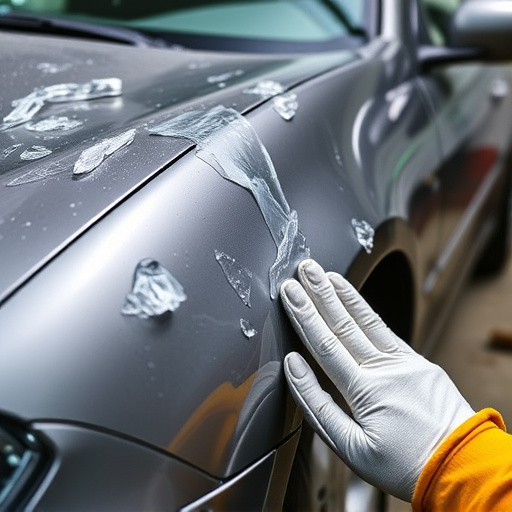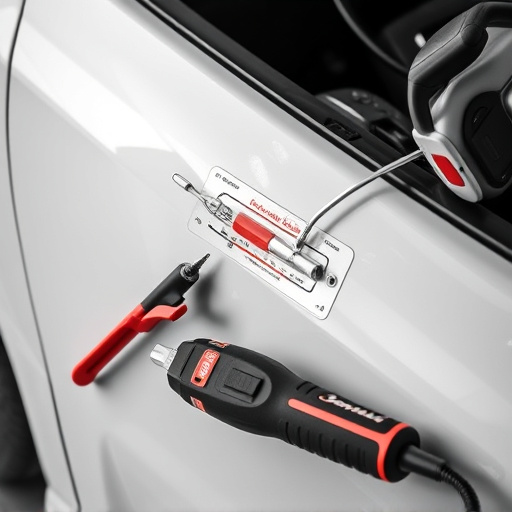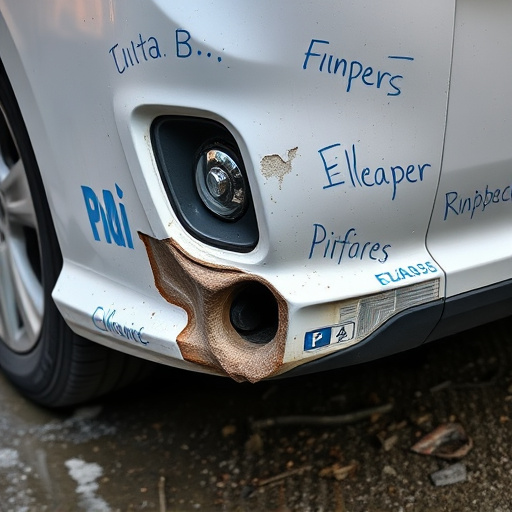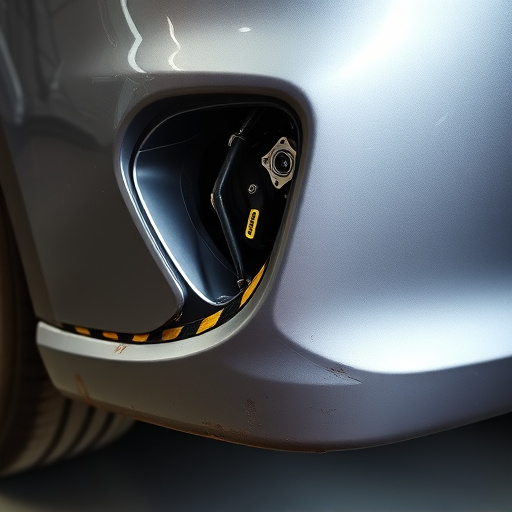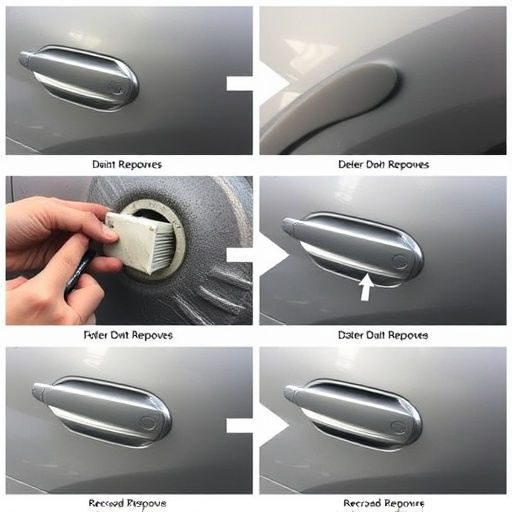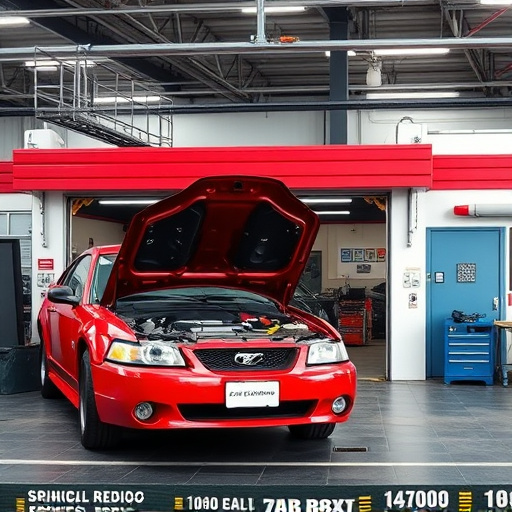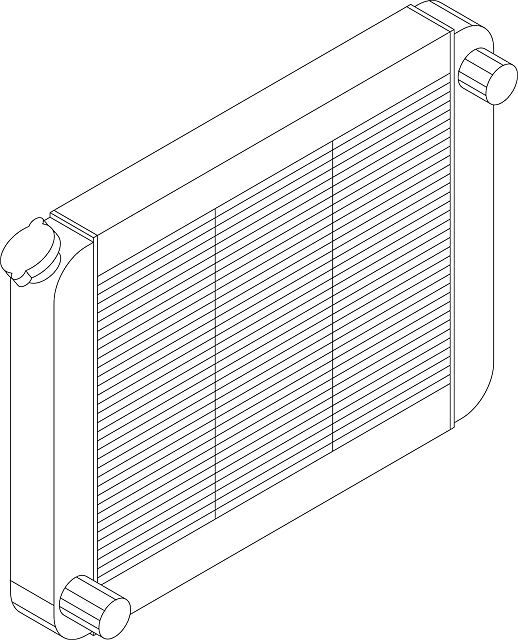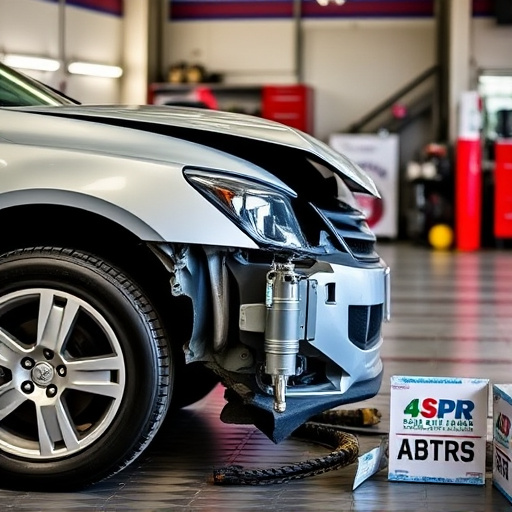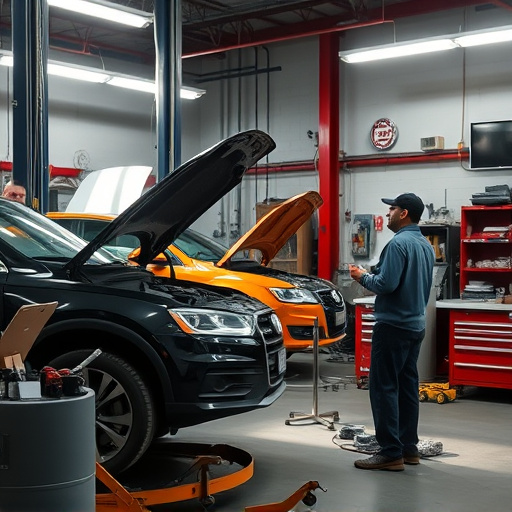Auto body shop ratings are key for assessing collision repair quality, customer satisfaction, and cost-effectiveness. High ratings reflect skilled technicians, strict quality control, and client trust, while low ratings indicate areas for improvement. Body shop owners must track and enhance these ratings to stay competitive, foster loyalty, and excel in the automotive industry, especially for specialized services like Mercedes Benz collision repair. To boost online reputation, focus on stringent QC measures, staff training, advanced tools, and open communication.
In today’s competitive market, auto body shop ratings are crucial for attracting and retaining customers. Understanding these ratings involves delving into key metrics that reflect service quality and customer satisfaction. This article explores the intricate link between quality control processes and auto body shop ratings. We dissect how rigorous quality control measures influence customer perception, providing actionable strategies to enhance ratings through continuous improvement and exceptional service delivery.
- Understanding Auto Body Shop Ratings: The Basics
- Quality Control Processes and Their Impact on Ratings
- Strategies to Improve Ratings Through Quality Enhancement
Understanding Auto Body Shop Ratings: The Basics

Auto body shop ratings are a critical aspect of evaluating the quality and performance of collision repair services. These ratings provide valuable insights into how well a body shop handles vehicle repairs, from initial assessment to final restoration. They are based on various factors, including customer satisfaction, workmanship, efficiency, and cost-effectiveness. Understanding these ratings is essential for both consumers and business owners in the automotive industry.
By examining auto body shop ratings, customers can make informed decisions when choosing collision repair services. Higher-rated shops often indicate superior quality control measures, skilled technicians, and a commitment to customer satisfaction. Conversely, lower ratings may suggest areas of improvement, such as subpar repairs or inconsistent service. For body shop owners, tracking and improving their ratings is crucial for maintaining a competitive edge in the market, fostering customer loyalty, and ensuring ongoing success within the vehicle repair sector.
Quality Control Processes and Their Impact on Ratings
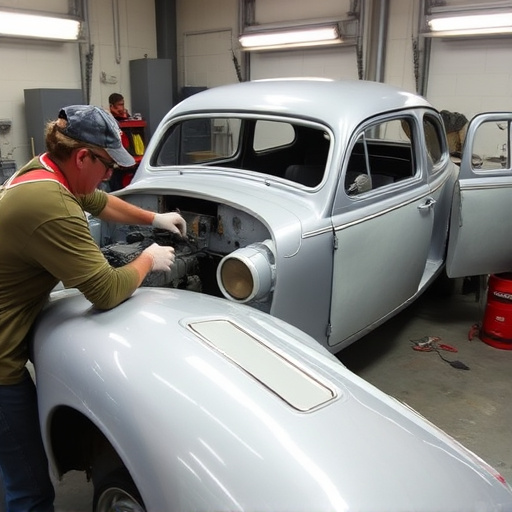
Quality control processes are integral to the success and reputation of any auto body shop, significantly influencing their ratings. These procedures ensure that every repair or restoration is performed with meticulous precision and adherence to industry standards. By implementing rigorous quality control measures, automotive body shops can maintain high levels of customer satisfaction.
For instance, a top-rated Mercedes Benz collision repair shop will have comprehensive QC processes in place. This includes detailed inspection protocols for each stage of the repair, from initial assessment to final finishing touches. Such practices not only guarantee the structural integrity and aesthetic appeal of vehicles but also foster trust among clients. Consequently, positive customer experiences contribute to favorable auto body shop ratings, solidifying their position in a competitive market, including when dealing with specialized services like car collision repair.
Strategies to Improve Ratings Through Quality Enhancement

To elevate their auto body shop ratings, businesses should prioritize quality control measures that consistently deliver exceptional results. One effective strategy involves implementing rigorous training programs for staff to ensure they’re adept at using the latest equipment and techniques. By fostering a culture of continuous learning, shops can maintain high standards in all aspects of work, from precise bumper repair to intricate Mercedes-Benz collision repair.
Additionally, utilizing advanced quality assessment tools and software enables shops to catch even minor imperfections, allowing for immediate correction. Encouraging open communication among team members also facilitates the sharing of best practices, further refining the overall quality. These strategies not only boost customer satisfaction but lead to higher ratings, establishing the auto body shop as a trusted and respected collision center.
In conclusion, the interconnection between quality control and auto body shop ratings is profound. Implementing robust quality control processes directly influences customer satisfaction and shop reputation. By adopting strategies that enhance quality, such as meticulous inspection, standardized procedures, and continuous training, auto body shops can significantly improve their ratings. This, in turn, fosters trust with clients and solidifies the shop’s position as a reliable and high-performing service provider in the industry, ultimately driving business growth and success.

